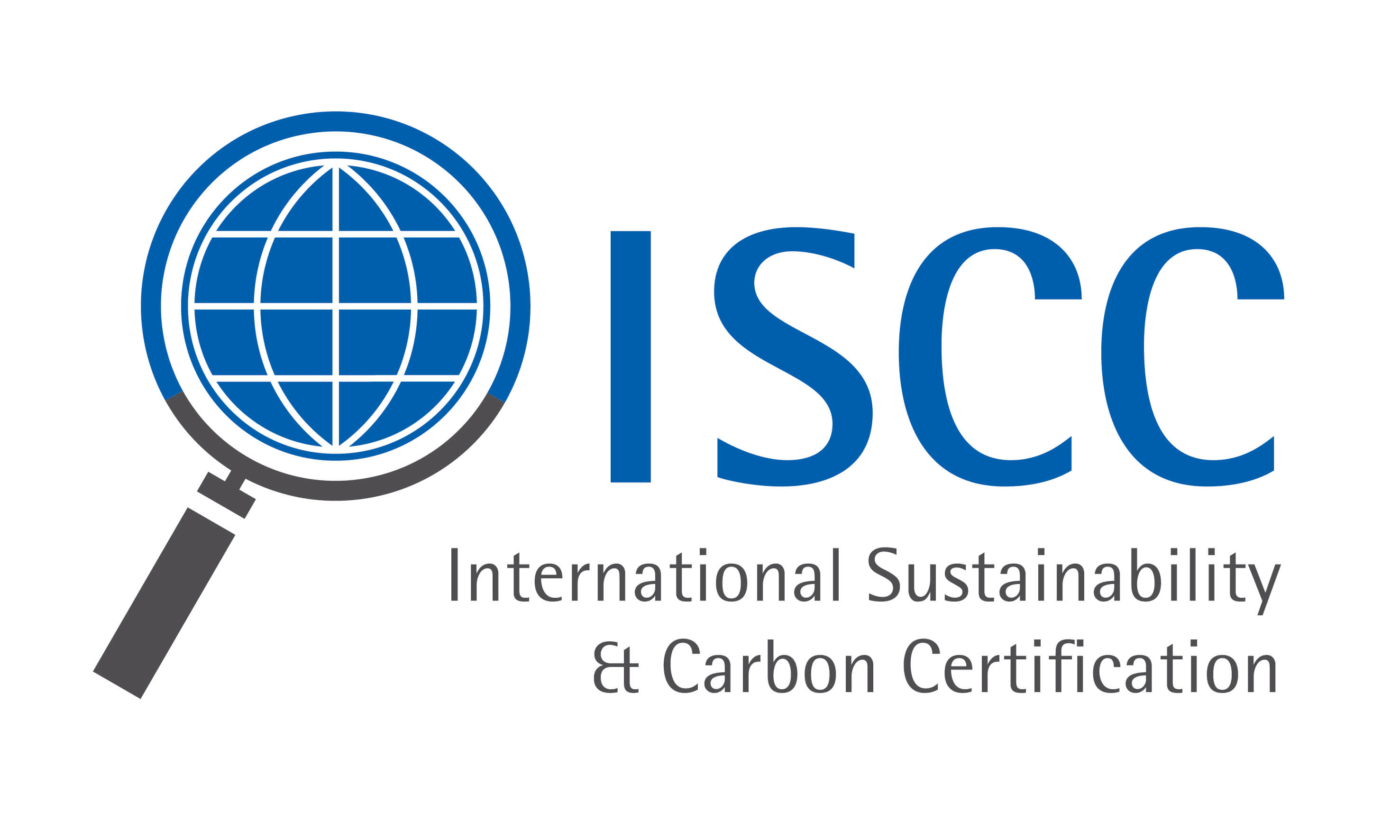Discovery
Frequently asked questions
Our goal is that our products will consist of at least 80% renewable or recycled materials by 2030. Replacing the plastic in Discovery with a plastic based on renewable raw materials is one step on the way there. We understand that there are many things you might be curious about what the plastic change entails, which is why we have gathered some questions and answers here.
We have reduced the use of fossil raw materials in the production of polycarbonate plastics and replaced parts of it with biological, renewable raw materials (from tall oil and frying oil). Life cycle analyses show that the new ISCC-certified plastic has 40% lower climate impact compared to fossil plastics.
The two main biological oils available in the production of polycarbonate plastics are tall oil (residual product from the forestry industry) and frying oil (residual product from the restaurant industry). Both oils have the same properties as fossil oil.
Yes and no. Replacement of the plastic content is through a so-called mass balance solution. This means that Fagerhult require suppliers to replace a certain amount of fossil-based oil with fossil-free oil in overall production, which is then distributed over a certain period of time. This means that the products can contain different amounts, and we therefore cannot guarantee that every product consists of fossil-free plastic. With a mass balance solution, we ensure that a larger amount of fossil oil is not used in plastic production, but replaced with a renewable raw material instead.
ISCC (International Sustainability and Carbon Certification) is an international third-party certification, initiated in 2010 to support the transition towards the circular economy and bioeconomy. Certification is a good tool in work for sustainable change and reduction of greenhouse gases throughout the supply chain.
With this certification, Fagerhult wants to guarantee, for our customers and partners, that we have a transparent, responsible and sustainable production process that meets high standards.
Read more about ISCC, and certification, at their website.
No, it will look exactly the same. The plastic made with the biological ingredients has the same properties as the previous plastic; the weight is the same and there is no remaining scent from the pine oil or frying oil after the plastic is produced.
No, the luminaire will have the same high light quality and be perceived to be of the same material as before. It will not make any difference either in light comfort or how the luminaire feels. We never release a product that we are not satisfied with in terms of qualites, and this is no exception.
All our luminaires are thoroughly tested and examined at our technology centre. We never compromise on safety and never release anything that we don't think is up to our standard.
Discovery, like other luminaires, should be recycled as electronic waste. Once in that process, the respective types of materials in the product are sorted and recycled. The renewable ISCC-certified plastic can be recycled in the same way as traditional polycarbonate plastics.
Yes, we have been working for some time to identify which materials we could replace or modify. In the spring of 2021, we launched Multilume Re:Think, a recessed luminaire with a luminaire body in solid board, another renewable material. Discovery is another step towards a more sustainable future where we conserve more resources and materials.
Read more about our work with sustainability and our initiatives for a better environment and a brighter future.
The greatest climate impact occurs when our products are in operation (energy consumption). The second highest impact involves the materials from which our products are made. We therefore work intensively to review our material choices and the resources we use, to determine whether we can make more sustainable choices. Discovery is an example of this work, where a material change makes a big positive difference to the environment.
Read more about our insights from life cycle assessments and our sustainability promise with long-term goals in four priority action areas.
Do you have more questions?
If there's anything you're wondering, or want to know more about, feel free to get in touch.
Contact us
